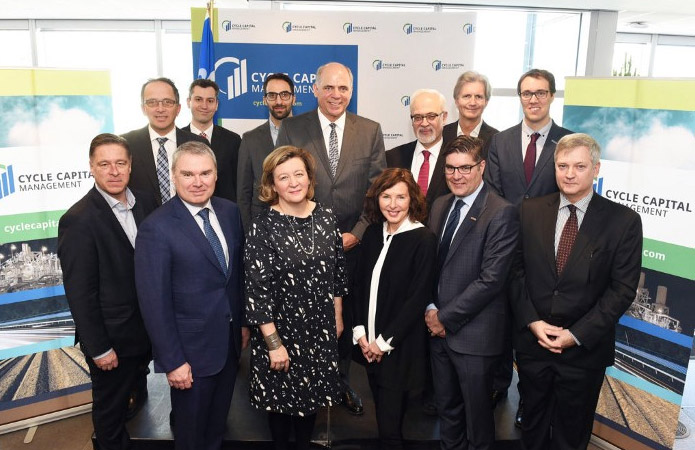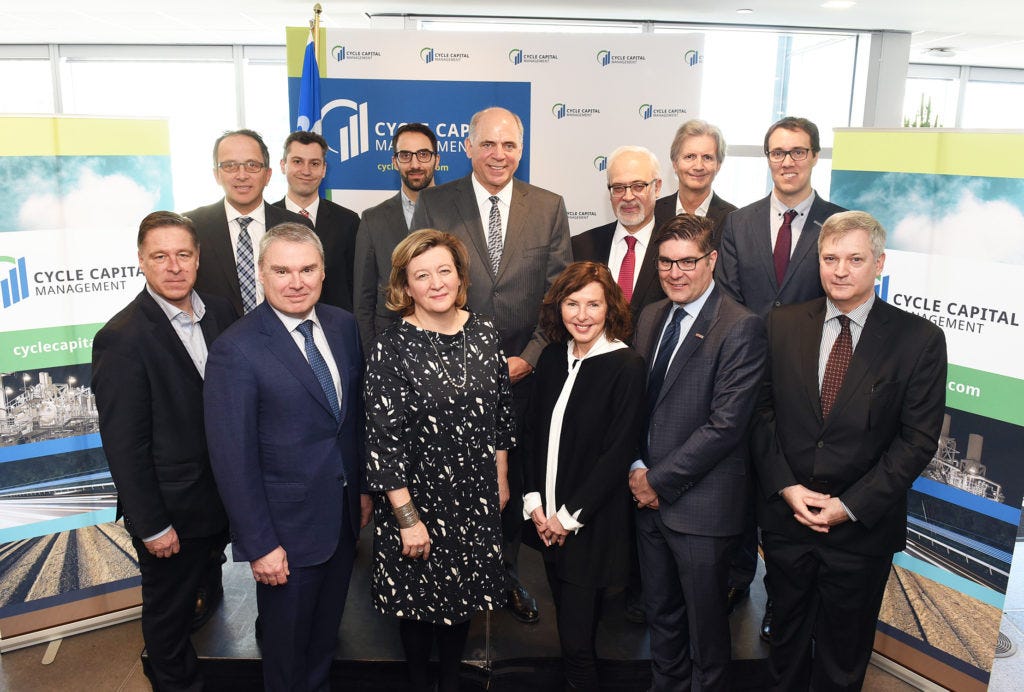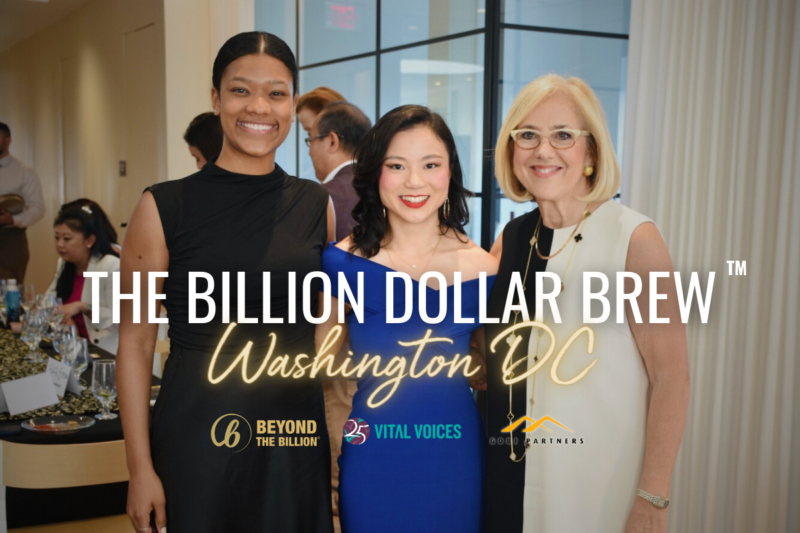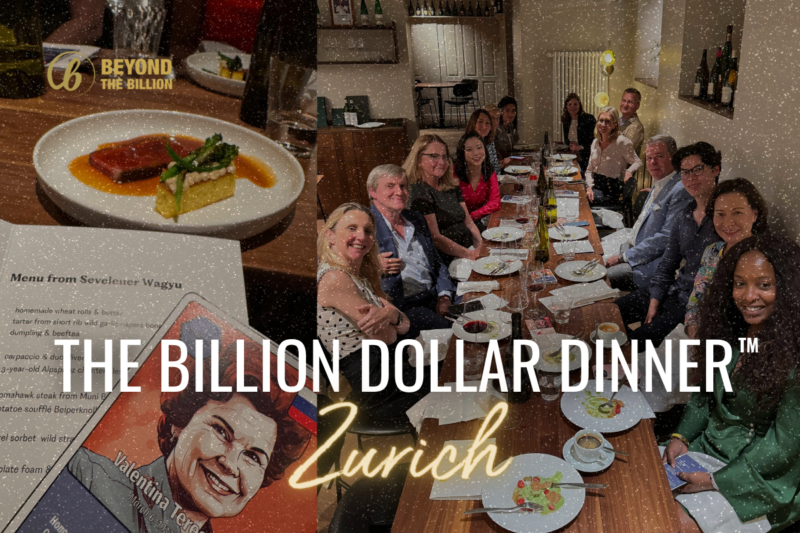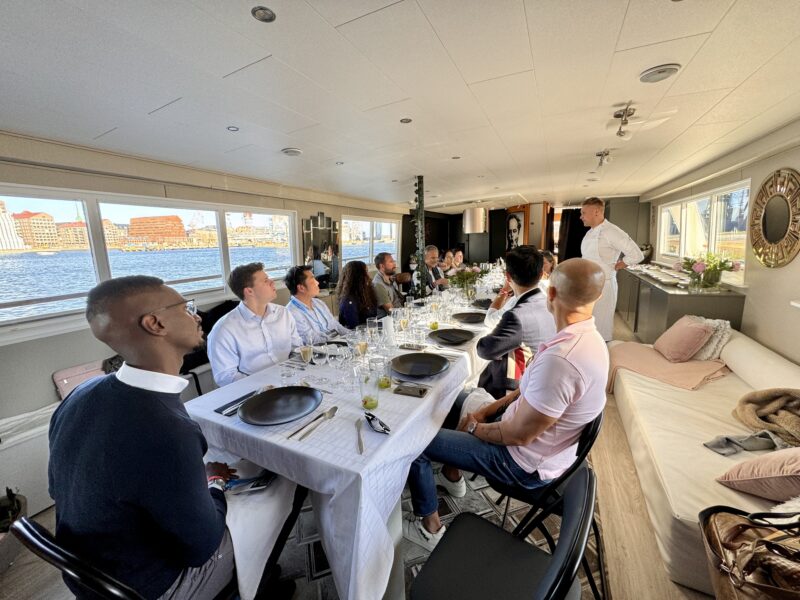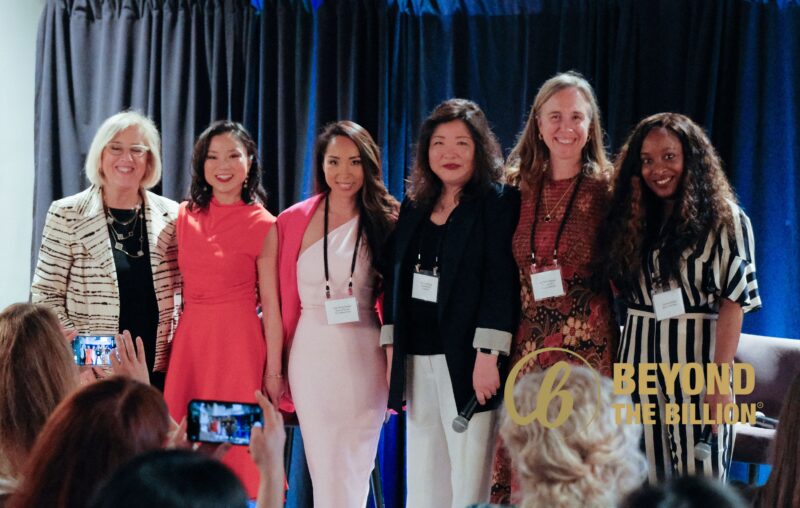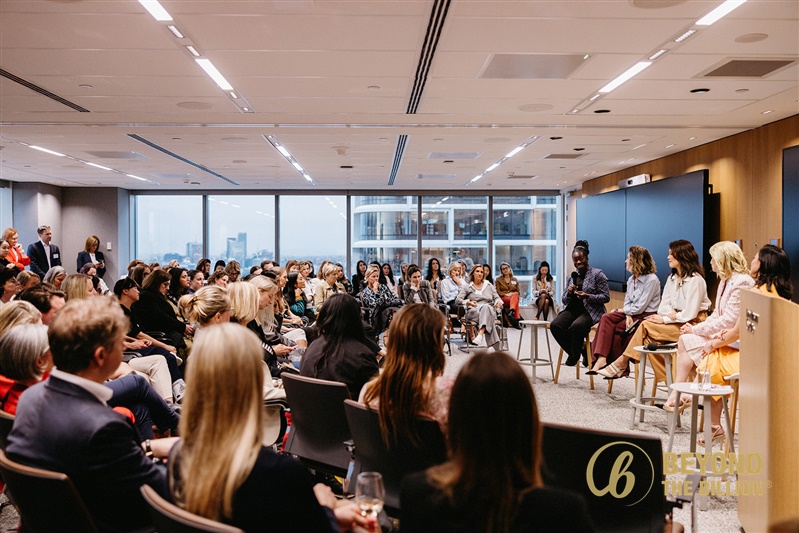Andrée-Lise Méthot of Cycle Capital Management on Trust, Crises, and Bridging the Gap Between Theory and Practice
By: Janine Marderian
As the international community works to slow the COVID-19 pandemic, the economic effects are compounding around the world and in every sector. Venture capital is no exception, with both the public and private markets struggling to cope with the fallout. While some aspects of our current moment are unprecedented, we look to extract lessons from the past economic downturns that can inform how limited partners, general partners, and founders make decisions, structure their priorities, and leverage their resources during and after the COVID-19 crisis. What’s Next for Venture is a series of conversations that spotlights leaders in the venture community whose insights can help show the way forward.
We talked with Andrée-Lise Méthot at Cycle Capital Management (CCM) to get her advice about how the venture capital community can cope with ongoing global uncertainty in a way that builds resilience and increases effectiveness. Andrée-Lise has more than 25 years of experience in venture capital, management and engineering. As Founder and Managing Partner at CCM, Canada’s largest cleantech private venture capital firm with AUM of almost half a billion and offices in Montreal, Toronto and Qingdao, Andrée-Lise invests in companies that commercialize clean technologies striving to reduce greenhouse gas emissions, optimize resource use, and improve process efficiency.
Andrée-Lise shared the invaluable importance of having a clear, specific vision that allows for deep connections with institutions that have shared values; these values, combined with trust established through a high level of competence and performance, create a bedrock foundation that builds credibility and can withstand crises. She also told us why getting in the trenches with founders is essential, how CCM has changed the way it communicates with investors, and what crucial lessons we should be drawing from our current moment in order to prepare for the future.
BTB: To start, can you tell us how CCM has been coping with the impacts and change caused by the COVID-19 pandemic? Where have you pivoted your strategy and where have you stayed the course?
On one hand, it’s business as usual — we are dealing with the same target market, the same teams, and the same core commitments. None of those things have changed and in many ways, they are more important than ever. It can be tempting during a crisis to drift from the fundamentals and try to be all things to all people. This is not productive when times are good and it’s certainly not when things get tough. In another sense, we, along with the entire venture industry, have come to terms with the fact that the world is moving cautiously right now, as we have seen that cash is king. So we are seeing some lag time with returns and exits, which makes sense. Lastly, we are reminded that trust is foundational; we think about CCM as a trusted family, which, again, was central before the pandemic hit and is now even more crucial as we navigate the impacts. Maintaining this trust with sound decision making and clear communication is paramount. For example, we now publish dashboards for our investors every two weeks so they can have the most up-to-date information at their disposal at all times.
BTB: Where was CCM in the fundraising cycle when the Global Financial crisis began in late 2007 and 2008?
Our first fund was just getting underway, so it was a difficult time in which many were struggling to fundraise. But we had something unique: our value proposition regarding cleantech and sustainability was, at the time, very new and not something that was considered traditional or safe. As a result, we heard some skepticism about taking such a novel approach during a global economic downturn. But despite the fact that we were underestimated, our theory turned out to be true in practice: the demand for what we were offering was there, and with the right targeting of like-minded corporates and institutions, we built a strong foundation for the firm you see today. A big part of our fundraising effectiveness was our learner mindset: we looked at potential investors as sources of valuable information who could truly help us do something meaningful in this emerging sector.
BTB: What was most important to your founders during the Global Financial Crisis?
In any environment, founders want and need to know and feel that their investors are on their side. This is even more essential during times of crises; founders are faced with incredibly difficult decisions that are intellectually and emotionally complex. Investors must actively show that they are in the trenches with them and that they care about these tricky questions. Great leaders have this in common. They don’t just say they are behind their teams, they demonstrate it in how they fight with and for the people who rely on them. Another thing we learn from these leaders is that they put in the time to establish credibility and trust; you have to do continuously do this so that you are ready to help when the moment calls for it. It’s the same thing with the investor-founder dynamic.
BTB: How do you cope with the pressures of the current moment while also staying agile and preparing for the future?
The only way to become excellent is to move from theory to practice; too often, great ideas get bogged down in conceptualization and never move to execution and iteration. We — at every level from the personal to the institutional — get too caught up with getting things exactly right before we move forward. This doesn’t achieve anything, much less progress. Healthy organizations are always putting their vision into practice, absorbing new information, and iterating in response. This is where real learning and growth happens. Execution beats vision every time. Of course, that is not to say that vision does not matter; as I mentioned, CCM’s unique vision has been a tremendous asset and a substantial reason behind our success. But after you identify what you are trying to do and why, it is time to get to work and execute. If you don’t, your vision is not worth much.
Speaking of vision: as important as the pressures of our current moment are, we must expand our thinking to look further down the line. What are the implications of COVID-19 five, ten, twenty years from now? What are the secondary and tertiary effects? We got into this situation because of a failure to see beyond the present and prepare for the risks that are coming toward us. We run the risk of creating the same tunnel vision now. We must ask what lessons we are learning now that can be applied to the future and to other sectors and industries. We don’t know the future, obviously, but we have a lot of data about what is happening now, what has happened before, and what is likely to happen in the future. We must take what we do know seriously. For example, the gray rhino coming toward us that environmental scientists have been warning about for years: the impacts of climate change will be devastating if we do not act swiftly and effectively.
BTB: If you could give one piece of advice to your 2008 self that you think would be useful to VCs today, what would it be?
Keep learning and evolving. Commit to what matters and stay true to it. Work hard. Be creative.
—
About Beyond The Billion
Beyond The Billion™(BTB), launched by Sarah Chen and Shelly Porges, the Founders of The Billion Dollar Fund for Women™(TBDF) was founded to address the gender venture investment gap where women-founded teams receive less than 3% of total VC funding. In less than a year, TBDF mobilized a global consortium of over 80 venture funds committed to investing $1Bn in women-founded companies. Following this achievement, Sarah and Shelly launched BTB with a mission to further catalyze the larger landscape of capital, ensuring the continued capacity to invest in women-founded companies by bridging venture funds and limited partner investors. These include institutional investors such as endowments, foundations, international financial institutions, and development financial institutions; as well as strategic corporates, family offices, wealth managers, and high net worth individuals to drive the agenda and capital, collectively.
Have a success story you’d like to share? Looking to partner with us and sponsor our work?
Contact us on [email protected].
More information: www.beyondthebillion.com
About the Author: Janine Marderian
Janine Marderian Nichols is an Associate who supports Beyond the Billion’s work to mobilize investment in female founders and increase opportunity and access throughout the venture ecosystem. Currently with the US State Department based in Jakarta, Indonesia, Janine is also an alum of Deloitte’s Government & Public Services Strategy Consulting Practice and the former Manager of External Affairs at the American Enterprise Institute. Janine holds an MBA from Georgetown University’s McDonough School of Business and a BA in Philosophy from Biola University.

